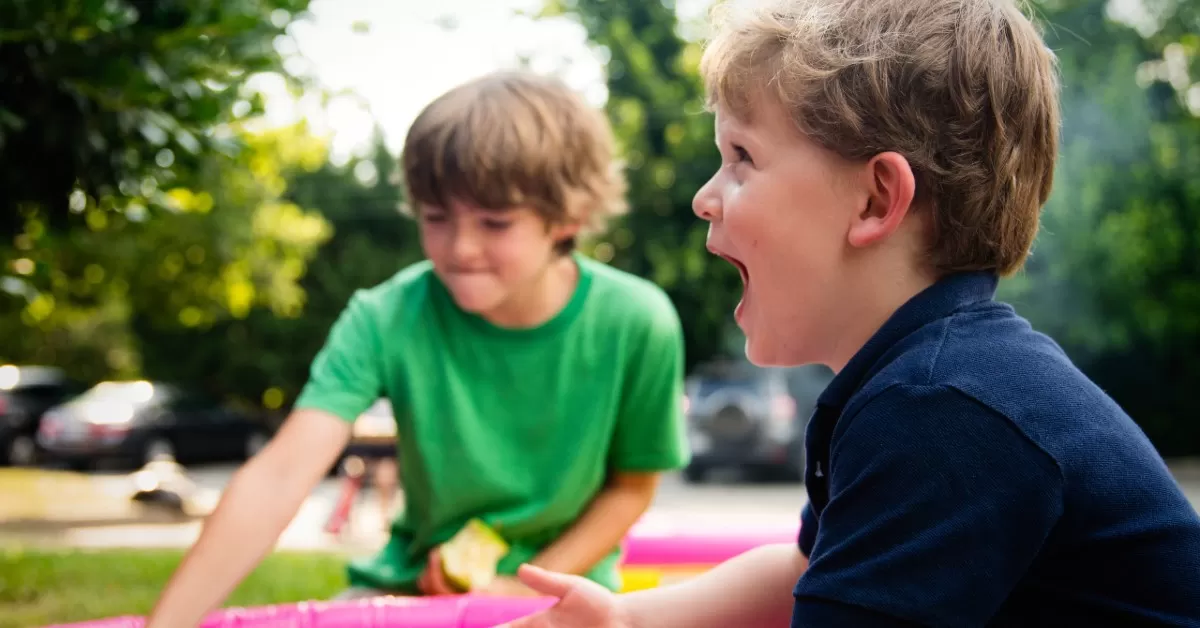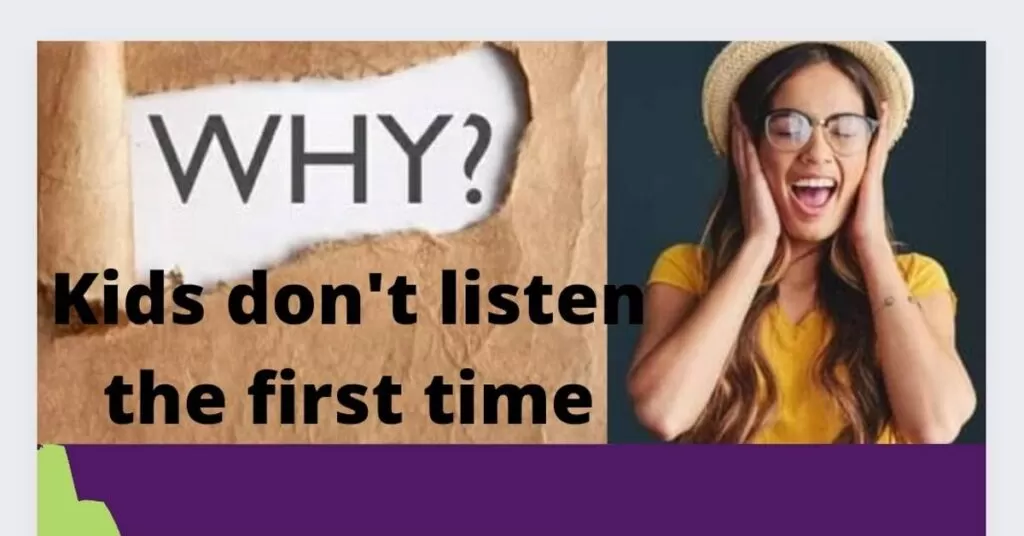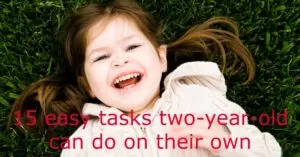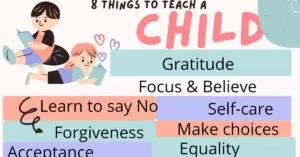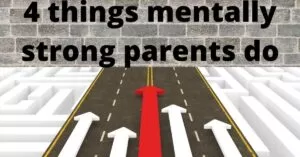As a parent, we have always modified ourselves according to our children’s moods and behavior. It is very unpredictable. It does not last for long either. Isn’t?
No matter what age they are, from infant to a teenager, from toddler to young adults each one of them intensifies their parents’ tolerance power, sometimes wreaking havoc. The younger they are, the more challenging it becomes.
Children’s moods and behavior are directly proportionate to their demands and wishes. As soon as they are fulfilled, the graph of the children’s mood and behavior fluctuates, trading no less than any busy day on the stock market. But, we all have to deal with it, in one way or other, sometimes it ends up in surrendering to them.
Also read:
Table of Contents
Do emotions affect children’s mood and behavior?
As children grow, they develop the ability to understand feelings and emotions. They learn the ability to recognize their feelings and how to deal with the other’s feelings. They react according to that. So yes, emotions becomes a part of children’s moods and behavior and it directly or indirectly affects it.
An infant crying for a hug or nap; a toddler behaving nasty for a toy; a teenager behaving indifferently in front of guests; or young adults may keep it secretive from loved ones. All are examples of different moods and behavior of children which are the outcome of the mixed bag of their inner emotions and feelings. Parents should keep an eye check on the mental health and emotional feelings of their children.
5 wonderful ways to improve children’s moods and behavior
Have a break
Children are the basket of energies. They keep on going unless they are fully tired. Sometimes, they do it beyond capacity and that’s when they become nasty. They get irritated and frustrated and start behaving obnoxiously. Sometimes, they fight too. Isn’t it? Why they do so? Because, they themselves do not come to know that they have over-utilized themselves and now their stamina is much below potential level. So, it is time to take a break.
Break is a time period which reenergize ourselves. After a break, we do the same job with much more energy. It is important to take a break. Parents must also make sure that their children take enough break and rest in their activities. This will keep them happy, active, and energized. A small break from regular chores reinforce children’s moods and behavior as rested kids are happy kids. 🙂
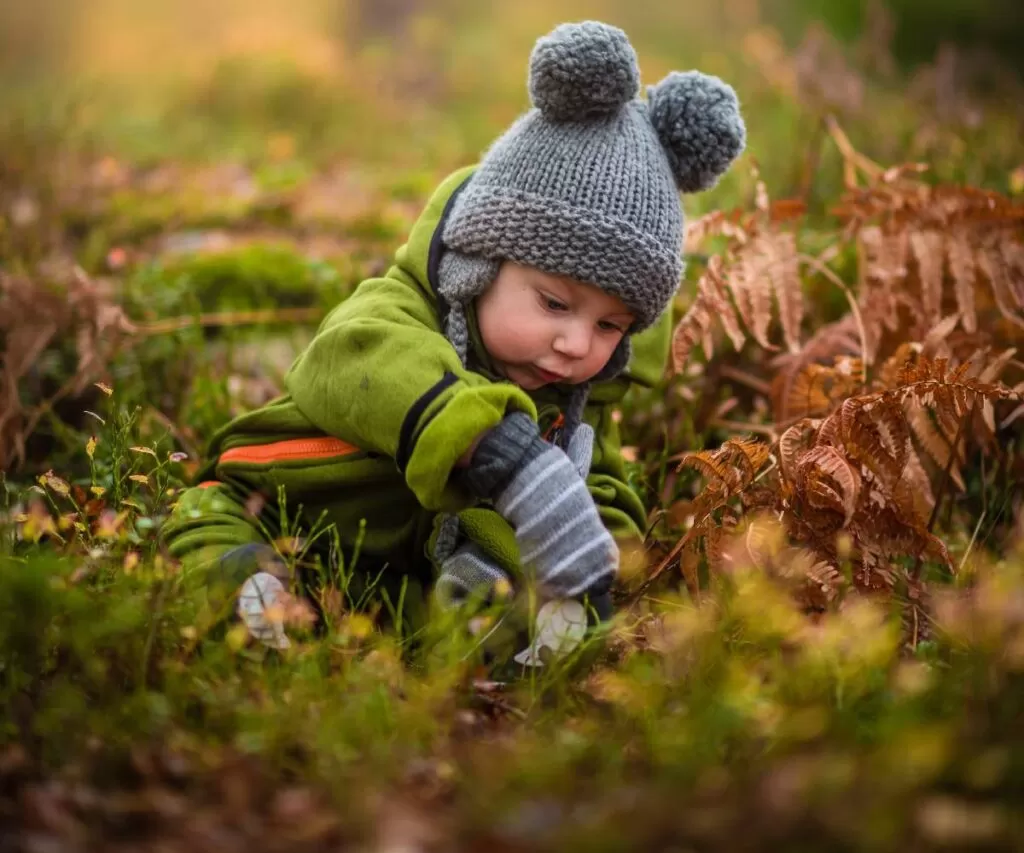
Nature Walk
Nature therapy is one of the finest therapy which traps a person in its serene beauty. It heals mind, body, and soul in magnificent ways. It not only gives us beautiful scenic views but also an unseen power to relax.
Have you ever observed that whenever you are near to nature you feel less stressed? You forget about your problems and you feel good about everything. Why? Well, that’s the magic of nature. It changes your mood unknowingly. So, this is the case with children. They must start a day with a nature walk. Spending at least 20 mins in nature will give them a push start for a day ahead. They will perform better elsewhere because their moods and behavior will not swing much. This small habit can bring big changes in their lives.
Eat Right
Too often, we have heard the statement, “What you eat is what you become!” How true is that? Do we ever think when we eat? Or we just eat to kill our urge of cravings and fill our stomachs. Well, it is completely true. Our nutritional diet not only builds our bones and muscles. It also helps to develop our mental and emotional health. Our ability to understand things, our capacity to be adaptive to the changing world, and our skills to nurture and grow. So, it is very important to eat the right balanced diet.
Children in their growing phase must understand the value of food and nutrients. If they eat right, they will grow healthy. A healthy generation leads to a happy nation.

Mindfulness magic
Improving children’s moods and behavior starts with small changes. Small changes come with daily habits. It will not only translate them into better-behaved people but also lead to healthy life habits that can have a big payoff on emotional health in the future. Be a role model before implementing changes.
Leisure Time
Apart from regular chores children must have leisure time. Free time allows children to participate in unstructured activities. It does not box their imagination and creativity. It helps in the social, emotional, and cognitive development of children.
Through participation in leisure activities, children build social and cultural relationships. They are free to open themselves and feel positive. They acquire additional skills and knowledge, and therefore improve their quality of life.
